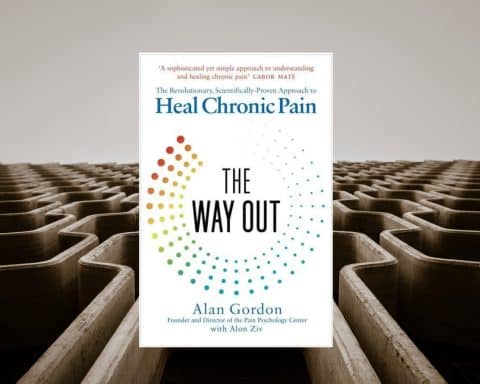 Nicola Spiers is a retired epidemiologist of disability and mental health, formerly of the University of Leicester.
Nicola Spiers is a retired epidemiologist of disability and mental health, formerly of the University of Leicester.
Long Covid is nicely discussed by Burke and del Rio in a short article in the Lancet Infectious Diseases.1 The UK is world leading in having two large high quality prevalence studies of Covid-19 (but this advantage is thrown away when politicians ignore the findings).
The ONS infection survey has strong design, and estimates 1.3% or 849,000 people with Long Covid symptoms persisting for more than 12 weeks, including 0.27% or 179,000 reporting daily activities limited a lot, with 97,000 of these being first infected more than a year ago.2 REACT also found a high prevalence of persistent symptoms.3 This represents a large burden of disability for individuals, their supporters and the economy, with GPs on the frontline.
Yes, this is self-reported survey data, but the ONS measure of activity restriction is academically respectable.4 Focusing on activity restriction captures severity and impact, and sidesteps issues with symptom lists while Long Covid remains poorly understood. Corroboration is required, and, with political will, these numbers could be cross-checked with routine data such as school and work absences in a matter of weeks.
Sufferers will be at increased risk of developing long-standing illness or mental health crisis.
So, context is hard to find. A rigorous 2011 study of ME/CFS using multiple definitions and methods of ascertainment found English prevalence between 0.03% and 0.2% in those aged 18 to 64.6 Alternatively, the excess burden of Long-Covid related disability may be compared to the 150,000 casualties of all severity in reported road traffic accidents, 2019.
Families will have resources to meet this health challenge, including family and social networks, support groups and careful use of social media. GPs have important roles of backstop and referral, and continuity of care. There is a concern that many sufferers may slip through the net, or simply fail to present at primary care, because they perceive a Covid-weakened service will be unable to help them. Without a trusted health professional who can refer and prescribe in their support network, sufferers will be at increased risk of developing long-standing illness or mental health crisis.
In tackling this challenge, GPs and other frontline health professionals are developing new models of integrative care from the bottom up, alongside all the other demands on their time. GPs urgently need the breathing space and reinforcements to continue this vital caring and preventative work.
GPs urgently need the breathing space and reinforcements to continue this vital caring and preventative work.
Increasingly the pandemic in the UK looks like a medium-sized war that’s yet to be won. Health and social care services face dual challenges of Long Covid and pandemic backlog. Keeping the system and the people in it in some kind of shape through Winter 2021/22 requires new resources and divergent thinking.
References
- Burke,M.J., del Rio, C. 2021. Long COVID has exposed medicine’s blind-spot. Lancet Infectious Diseases, 20(8), pp1062-1064
- https://www.ons.gov.uk/peoplepopulationandcommunity/healthandsocialcare/conditionsanddiseases/datasets/alldatarelatingtoprevalenceofongoingsymptomsfollowingcoronaviruscovid19infectionintheuk Tables 2&3 released 4Nov21, accessed 19Nov21
- O’Dowd, A. 2021. Covid-19: Third of people infected have long term symptoms. BMJ 373:n1626
- https://ec.europa.eu/eurostat/statisticsexplained/index.php?title=Glossary:Activity_limitation accessed 19Nov21
- https://www.ons.gov.uk/peoplepopulationandcommunity/wellbeing/methodologies/surveysusingthe4officefornationalstatisticspersonalwellbeingquestions revised 26Sep18, accessed 19Nov21
- Nacul, L.C.,Lacerda, E.M.,Pheby, D. et al 2011. Prevalence of myalgic encephalomyelitis/chronic fatigue syndrome (ME/CFS) in three regions of England: a repeated cross-sectional study in primary care. BMC Medicine 9(1):91
Featured image by Fin MacBrayne at Unsplash






